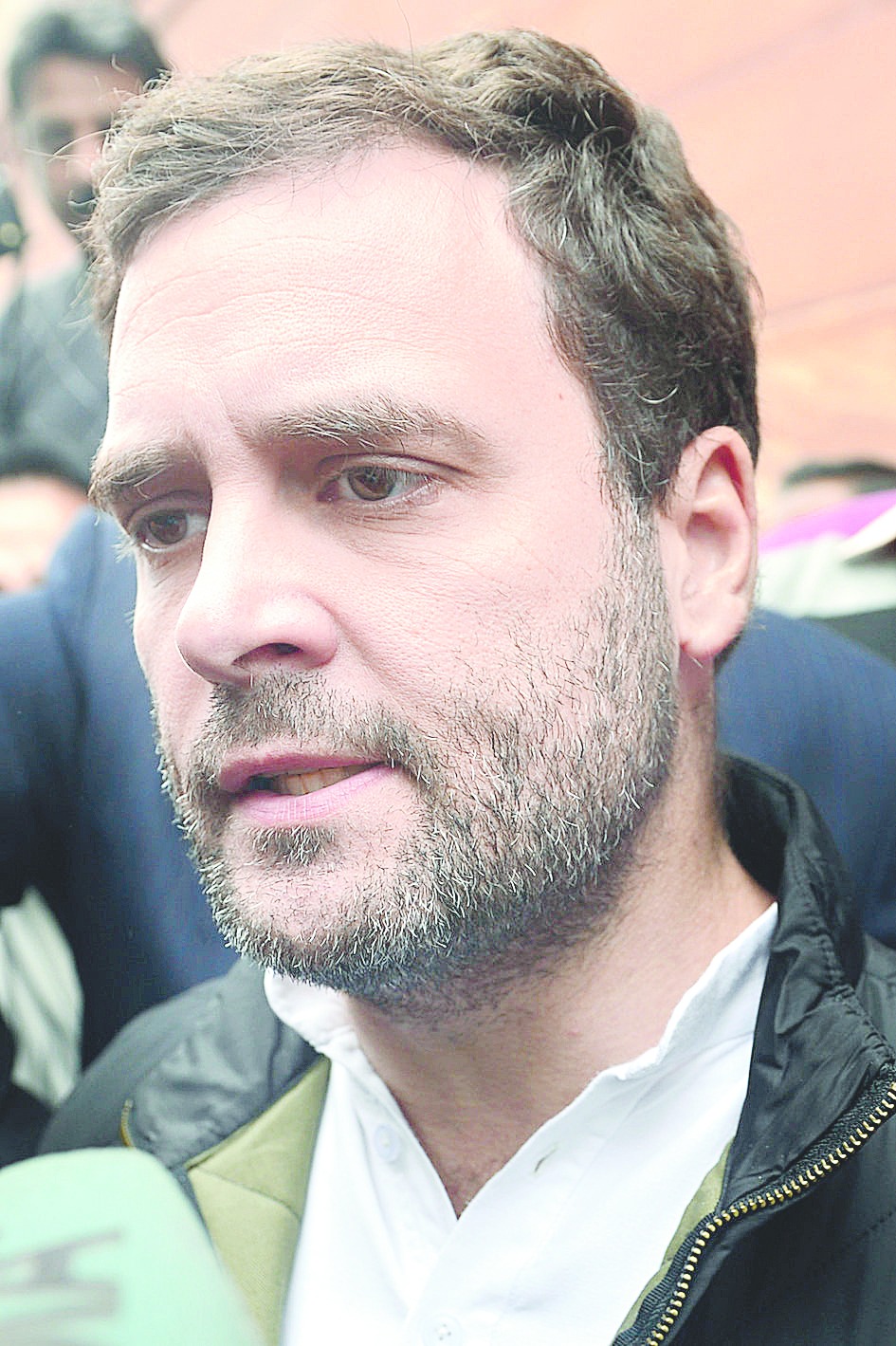
New Delhi, Sept. 9: Rahul Gandhi today yielded to pressure from key Madhya Pradesh Congress leaders to remove Mohan Prakash as general secretary but gave charge of the state to loyalist Deepak Babaria, signalling his intent to take complete control of the organisational structure.
Rahul also appointed Sushmita Dev as the new Mahila Congress chief in place of Shobha Oza in one more decisive step towards a generational shift.
The 44-year-old Sushmita has demonstrated both political drive and fighting spirit in a short span of three years as a Lok Sabha member. She gets an enormous responsibility of turning this largely ineffective body into a functional political outfit.
Apart from putting his own people in key positions, Rahul has also gradually unveiled the much-awaited structural changes in the organisation. He has significantly expanded the high command structure and introduced the new principle of every general secretary looking after only one state.
The Congress traditionally had only six or seven general secretaries but now there are 13 full-fledged general secretaries and seven in-charge of states, a lesser category of leaders but who do the same job.
This makes an exceptionally large group of 20 and might create other complexities. For instance, the party's highest decision-making body, the Congress Working Committee (CWC), can have only 24 members according to the party constitution and all the general secretaries have to be included.
Before Babaria's selection, Rahul had appointed K.C. Venugopal and Avinash Pande as general secretaries in a clear indication that he was finally in the process of constituting his new team. He has, however, not completely pushed the senior leaders out - while veterans Ashok Gehlot and Sushil Kumar Shinde were also appointed general secretaries recently, others like Ghulam Nabi Azad, Kamal Nath, Digvijaya Singh, Ambika Soni, B.K. Hariprasad have been retained so far.
Babaria's assignment is particularly interesting as senior leaders Kamal Nath and Digvijaya Singh, as well as Jyotiraditya Scindia, had insisted on the removal of Mohan Prakash if the party were to revive in the state. These three leaders broadly control the different Congress factions in the state and Rahul could not have brushed aside their concerns.
But Rahul has ensured that the remote control remained with him by sending Babaria, a leader from Gujarat who was attached to his office as secretary, as in-charge.
Madhya Pradesh, where elections are due next year, is set to witness an intense internal struggle in the coming months as the BJP, scarred by the Vyapam controversy, faces a strong anti-incumbency factor and the Congress is expecting a comeback, with top contenders positioning themselves for the chief minister's post.
The debate in the party revolves around only two leaders - Kamal Nath and Scindia. But two-term chief minister Digvijaya too cannot be ignored as he still controls the levers of power in the state. Sensing a lack of interest in him within the party, Digvijaya has decided to flex his muscles by announcing a Narmada yatra beginning this month.
Although Digvijaya has said this yatra is strictly spiritual and only his wife would accompany him, public assertions are often used in politics to camouflage the true intentions.
The yatra will cover over a hundred Assembly constituencies in Madhya Pradesh and over 25 in Gujarat, where polls are due later this year. Those who know Digvijaya say his message is clear: Don't count me out.
After the completion of the yatra by December this year, there could be a fresh churning in the state's politics and the inexperienced Babaria may have to do a lot of firefighting in his first major assignment. His predecessor Mohan Prakash is still in charge of Maharashtra despite a demand for his removal from there too.










